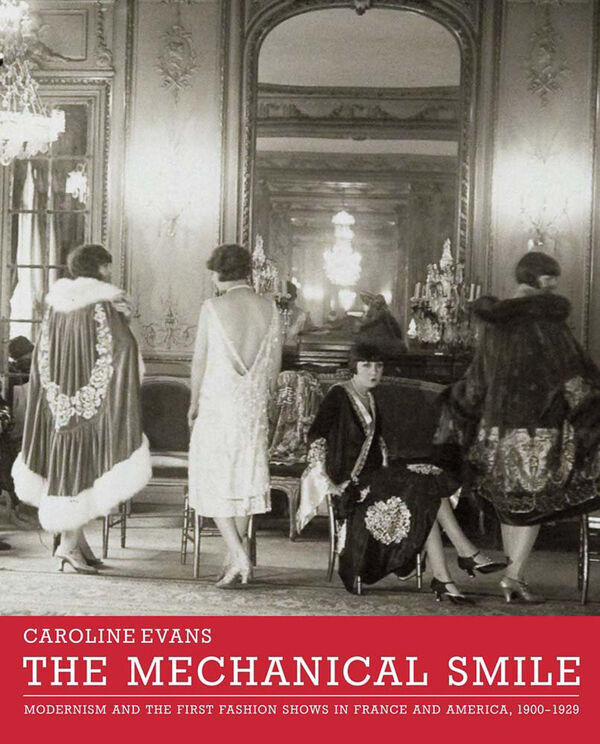Contact
art book cologne GmbH & Co. KG
Deutzer Freiheit 107
50679 Köln
Germany
Opening hours (office and showroom):
Monday to Friday 8 – 17
info@artbookcologne.de
Phone: +49 221 800 80 80
Fax: +49 221 800 80 82
About us
art book cologne, founded by Bernd Detsch in 1997, is a wholesale company and specializes in buying and selling high quality publications in art, art theory, architecture, design, photography, illustrated cultural history and all related subjects internationally. Our team includes specialists in art, culture, music, book trade and media but in spite of our diversity we have one common ground: the enthusiasm for unique art books.
We purchase remaining stocks from museums, publishers and art institutions. We sell these remainders to bookstores, museum shops, and art dealers all over the world.
The Mechanical Smile
| Publisher | Yale University Press |
| Year | 2013 |
| Cover | Cloth with dust jacket |
| Language | English |
| ISBN | 978-0-300-18953-7 |
| Pages | 338 |
| Weight | 2120 g |
| More | |
| Author(s) | Caroline Evans |
| Article ID | art-64185 |
In the early 20th century, the desire to see clothing in motion flourished on both sides of the Atlantic: models tangoed, slithered, swaggered, and undulated before customers in couture houses and department stores.
The Mechanical Smile traces the history of the earliest fashion shows in France and the United States from their origins in the 1880s to 1929, situating them in the context of modernism and the rationalization of the body. Fashion shows came into being concurrently with film, and this book explores the connections between fashion and early cinema, which arguably functioned as what Walter Benjamin called “new velocities”—forces that altered the rhythms of modern life.
Using significant new archival evidence, The Mechanical Smile shows how so-called “mannequin parades” employed the visual language of modernism to translate business and management methods into visual seduction. Caroline Evans, a leading fashion historian, argues for an expanded definition of modernism as both gestural and performative, drawing on literary and performance theory rather than relying on art and design history. The fashion show, Evans posits, is a singular nodal point where the disparate histories of commerce, modernism, gender, and the body converge.

